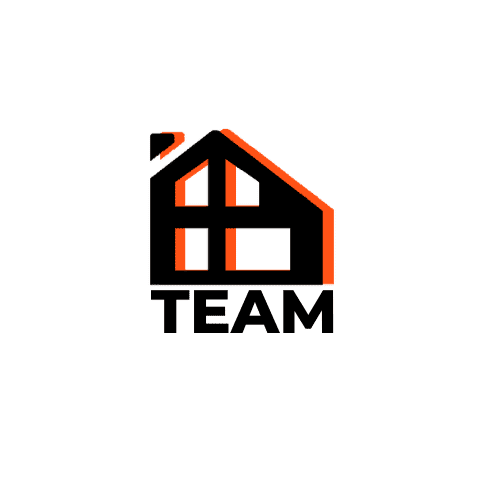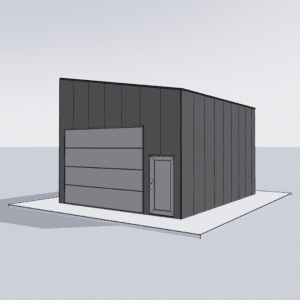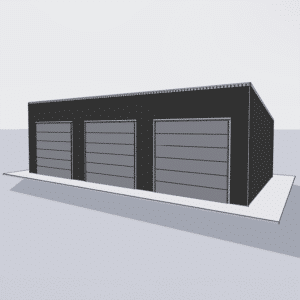Have you ever stepped into a house, felt its unique charm, and thought, “This is it”? Sure, the blush of finding your dream home is exciting, but before getting swept off your feet, there’s a step you shouldn’t skip: conducting a home inspection. Understanding the ins and outs of a home inspection for buyers is akin to getting a backstage pass to the house’s secrets. So, what does a home inspection entail, and how can it potentially save you from future pitfalls?
Understanding the Importance of Home Inspections
A home inspection is like hiring a detective to unearth the hidden stories a house might not readily tell. By focusing on home inspection for buyers, this process can give you both the confidence and leverage needed to navigate one of life’s biggest investments. Imagine overlooking critical issues like faulty electrical systems or a leaky roof—it could mean unwarranted expenses and a potential need to reconstruct parts of the house, akin to dealing with construction delays in your new abode.
Key Areas to Focus During a Home Inspection
While a home may allure you with its curb appeal, the devil is in the details. Here’s what to inspect carefully:
– **Structural Integrity:** Check the framework, roofing, and walls for any visible damage or signs of wear. Much like evaluating residential construction, structural soundness is a priority.
– **Electrical Systems:** Ensure all wiring is up to code, and there are no exposed wires or defective switches.
– **Plumbing and Drainage:** Check for leaks under sinks, test water pressure, and ensure toilets flush properly. The last thing you want is a plumbing surprise after moving in.
– **Heating and Cooling Systems:** These represent significant costs if not functioning properly. Verify the age and upkeep of HVAC systems.
– **Foundations and Basements:** Look for cracks in the foundation, moisture in the basement, or any signs of structural settlement.
Choosing a Qualified Home Inspector
Finding a qualified home inspector is as crucial as the inspection itself. Look for certifications, experience, and positive reviews—think of services like Zillow for reviews on local inspectors. A good inspector acts as your educational guide through the home, explaining potential issues and how they might be resolved. It’s like hiring Your Building Team to tailor services specifically to your needs.
The Role of Modern Technology in Home Inspections
In today’s digital age, technology plays a pivotal role in enhancing home inspections. Infrared cameras, drones, and moisture meters enable inspectors to detect problems invisible to the naked eye. Drone technology can capture panoramic views of roofs and detect missing shingles or other issues not visible from the ground.
Below is a modern steel home that showcases resilience and aesthetic appeal, mirroring the strength we seek in home purchases.

Making Smart Decisions Post-Inspection
Once you have your inspection report in hand, the real work begins. It’s vital to distinguish between minor repairs and major issues that could impact bargaining power or even warrant walking away.
– **Prioritize Repairs:** Classify issues as necessities and cosmetic in nature. Structural and safety hazards should take precedence.
– **Negotiation Power:** Use the report as leverage to request repairs or negotiate the sale price. This is similar to scouting for competitive pricing in metal building systems in Ontario.
– **Walk Away if Necessary:** Not every inspection will end in a sale. Sometimes, the findings might lead you to reconsider your options. Better to back out than invest in a potential money pit.
What if You Missed a Key Element?
Buying a home often stirs the whirlwind of sentiments comparable to picking out the perfect plot and foundation in residential construction. Suppose after moving in, you discover an issue missed during the inspection. What then? Remedies could involve reaching out to the inspector, property insurance claims for latent defects, or budgeting for immediate repair—each offering its unique set of challenges.
Understanding Limitations of Home Inspections
Despite their comprehensive nature, remember that home inspections are non-invasive. Thus, hidden issues like deep foundational cracks or subfloor issues might remain undiscovered. A well-conducted home inspection is not foolproof but reduces unexpected surprises significantly.
Final Thoughts
In conclusion, conducting a detailed home inspection is an indispensable part of buying a home. This step not only equips you with the knowledge of the property’s condition but potentially arms you with negotiation power, similar to major financial decisions in Zillow akin platforms. While no inspection guarantees a perfectly problem-free home, it is an essential step to ensure your dream doesn’t become a damp squib. Employ the skills of a reputable inspector today and walk into your new home with peace of mind and empowered confidence.










